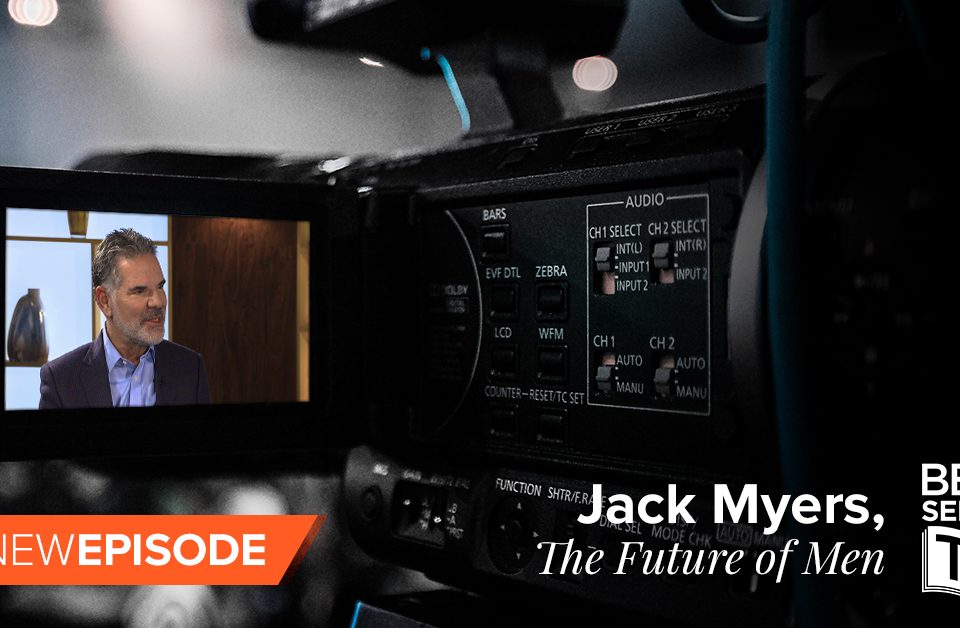AFTER BEING TOLD ALL THEIR LIVES TO “BE A MAN” AND “MAN UP,” TODAY’S MEN ARE REJECTING MACHO STEREOTYPES, REWIRING THEIR EMOTIONAL LIVES, AND ARE MORE ACTIVELY PARENTING.However, this new generation of men are often conflicted by their desire to be better & the retained influence of negative patriarchy. The Future of Men explores the roots of patriarchy, explains how to combat its sustained influence, and examines how men and women can work together to create better fathers, sons, husbands, coworkers and relationship partners.
In The Future of Men, author Jack Myers explores 5 ways we can help usher men into this new movement of gender equality and how to combat the sustained influence of negative patriarchy.
#1 Media
We can start by advocating for positive media portrayals of men as responsible, caring and competent husbands, sons,fathers, caregivers, teachers, nurses and secretaries, just as we have successfully advocated for positive role models for women and girls. * Think about how men have been portrayed in TV sitcoms and commercials, as the idiot or buffoon unable to diaper a baby or know which medicine to take for a cold. Or worse, the commercials that honor and glorify misogyny and sexism.
#2 Education
We want to keep boys in high school; educators say they’re encouraging more gaming and more online learning in the classroom. Let’s eliminate bias toward boys pursuing HEAL careers – health, education, administrative and library sciences — just as we encourage young girls to follow STEM careers.
#3 Business
Research shows this generation of young people has competencies that businesses require. They possess the new basic skills for success: collaboration, community and network building, storytelling, multitasking, and strong communications skills. For Gen-Z, these skills are gender neutral, just as being more competitive and assertive, gaining technical competencies, and adapting to change are gender neutral. Companies can rethink talent assessment, motivational, and leadership training tools and programs to embrace, advance and retain their young team members.
#4 Mentoring
Most companies and organizations have women’s mentoring groups. We can’t impress strongly enough how important it is to extend these support systems to young men who join an organization and to welcome and embrace them as equals. Where else do they have to turn for guidance?
#5 Support Stay-At-Home Dads
With more men choosing to be primary care givers at home, let’s imagine a new narrative in which we embrace them as caring and loving dads who are empowering their partners and doing the best for their families, rather than taking on parenting because their wives have better jobs.





